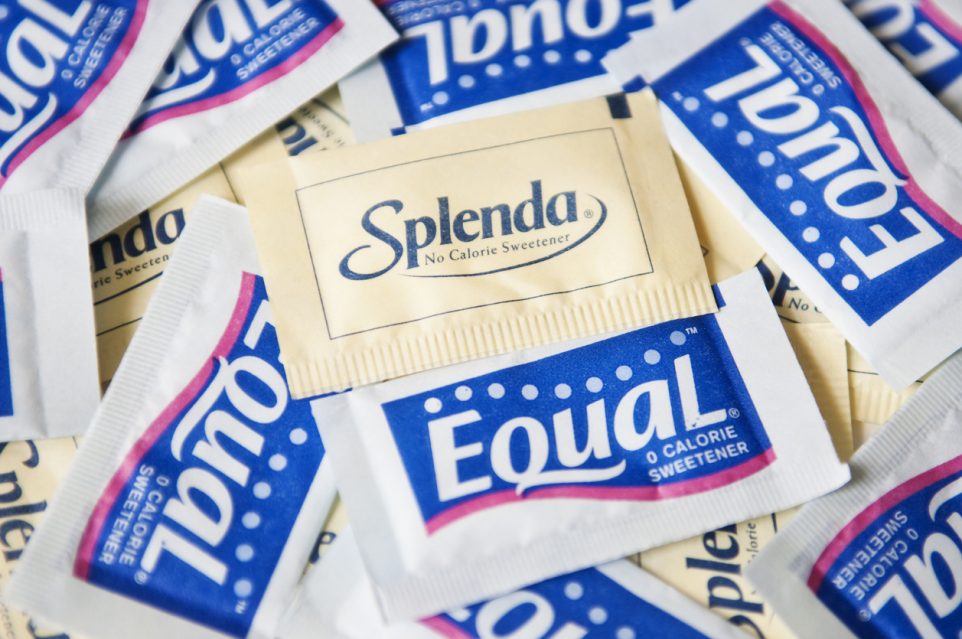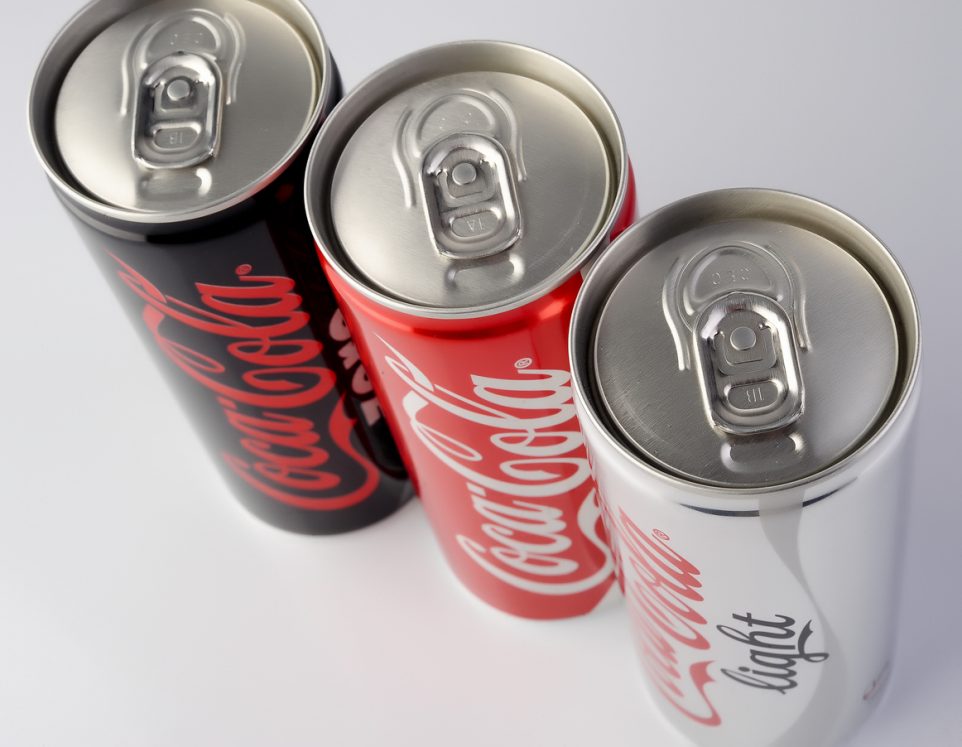Are Artificial Sweeteners Bad for You? Here’s the Full Picture

We all love a sweet treat now and then, but let’s be honest, nobody wants the extra calories that come with it. Artificial sweeteners solve the problem by promising all the sweetness without the guilt. But like with most things that sound too good to be true, there’s more to the story.
Artificial sweeteners have become a staple in our daily lives. From diet sodas to sugar-free snacks, these sweeteners are everywhere. While they are marketed as a healthy alternative, especially for weight loss and diabetes management, the reality might not be so straightforward.
I’ve done some digging and chatted with experts, and let me tell you, it is a bit of a mixed bag. On one hand, you have all the incredible benefits over regular sugar, and on the other, you have whispers (and sometimes loud warnings) about potential health risks. So, what’s the real deal? Let’s break it down, starting with what these sweeteners actually are and how they work.

Not All Sweeteners Are Created Equal
While all artificial sweeteners come with their own set of concerns, some are worse than others. Here’s a quick rundown:
- Aspartame: Found in many diet sodas and sugar-free products, aspartame has been linked to headaches and potential cancer risks, though the evidence is not definitive.
- Saccharin: The granddaddy of artificial sweeteners, saccharin was once thought to cause cancer in rats. While it’s considered safe for humans, it still carries some stigma.
- Sucralose (Splenda): This sweetener is popular because it’s heat-stable and can be used in baking. However, studies have suggested it might negatively impact gut bacteria and glucose metabolism.
- Acesulfame Potassium: Often combined with other sweeteners to mask its bitter aftertaste, this sweetener has been linked to cancer in animal studies, though more research is needed to confirm its safety in humans.
The FDA has approved six artificial sweeteners as safe for consumption: aspartame, saccharin, sucralose, neotame, acesulfame potassium, and stevia. Each of these sweeteners has been rigorously tested to ensure they are safe for the general population. They are categorized as “Generally Recognized As Safe” (GRAS), which means that they meet the FDA’s safety standards when consumed within the established acceptable daily intake limits.
The Good News About Artificial Sweeteners
Artificial sweeteners, or nonnutritive sweeteners (NNS), have their fair share of benefits, and it’s only fair to give them some credit before we delve into the potential downsides.
Cutting Down Calories
One of the biggest perks of artificial sweeteners is that they help cut down on calories. Regular sugar is packed with calories that can quickly add up, especially if you have a sweet tooth. A single teaspoon of sugar contains about 16 calories. It might not sound like much, but those calories can sneak up on you when you consider all the sugary drinks and snacks consumed in a day. Artificial sweeteners, on the other hand, provide that sweet flavor without the extra calories.
Artificial sweeteners are much sweeter than regular sugar. We’re talking 300 to 13,000 times sweeter! This means you need much less of it to achieve the same level of sweetness. A tiny amount goes a long way, which is why they are used in so many “diet” or “sugar-free” products.

Managing Blood Sugar Levels
For people with diabetes, managing blood sugar levels is crucial. Regular sugar can cause spikes in blood glucose, which can be harmful. Artificial sweeteners don’t have the same effect. They provide the sweetness without the glucose spike, making them a safer option for diabetics. The American Diabetes Association even gives a cautious nod to using artificial sweeteners as part of a balanced diet to help manage blood sugar levels.
Preventing Tooth Decay
Sugary foods and drinks are notorious for causing tooth decay. Bacteria in your mouth love sugar and turn it into acid, which then eats away at your tooth enamel. Artificial sweeteners don’t feed these bacteria, so they don’t contribute to tooth decay. This is why you often find sugar-free gum and candies using artificial sweeteners.
The Bad News About Artificial Sweeteners
Despite their benefits, these sugar substitutes come with a host of concerns that have made many people, including experts, wary. Let’s dive into why some artificial sweeteners might be worse than others and the potential health risks they carry.
Tricking Your Brain
One of the biggest issues with artificial sweeteners is that they can trick your brain into craving more sugar. Here’s how it works: when you consume something sweet, your brain expects a calorie boost. Artificial sweeteners provide the sweetness without the calories, leaving your brain feeling unsatisfied. This can lead to increased cravings for sugary foods, and ironically, you might end up consuming more calories than if you had just eaten something with real sugar.
Weight-loss specialists claim that these sweeteners are far more potent than regular sugar. They overstimulate our sugar receptors, which can make naturally sweet foods like fruits less appealing. You might find yourself reaching for more intensely sweetened, less nutritious options, which is a slippery slope toward poor eating habits.

Cancer Risk
The fear of cancer is a significant concern associated with artificial sweeteners. A study suggested that saccharin, one of the earliest artificial sweeteners, was linked to bladder cancer in rats. While later studies did not find the same risk in humans, the stigma stuck.
Aspartame, another popular sweetener, has also been scrutinized for potential cancer risks. Though the FDA has deemed it safe, and many studies have shown no link between aspartame and cancer, some experts still advise caution. It’s a classic case of better safe than sorry, especially for people who consume large amounts of these sweeteners daily.
Link to Diabetes
Wait, aren’t artificial sweeteners supposed to be good for managing diabetes? Well, it’s complicated. Some studies suggest that nonnutritive sweeteners might actually increase the risk of developing type 2 diabetes. For instance, a study conducted in 2014 found that artificial sweeteners could alter gut microbiota in ways that promote glucose intolerance. This means that while they don’t raise blood sugar levels directly, they might still mess with your metabolism in a way that’s not beneficial.
In another study, researchers observed that consuming diet sodas regularly was linked to a higher risk of metabolic syndrome and type 2 diabetes. This is particularly concerning for people who rely on these sweeteners to help manage their blood sugar levels.
Weight Gain
This one’s a bit of a paradox. You’d think that cutting out sugar and replacing it with zero-calorie sweeteners would help with weight loss, right? Unfortunately, that’s not always the case. Several studies have found that people who consume artificial sweeteners may actually gain more weight over time. One theory is that because these sweeteners disrupt the body’s ability to regulate calorie intake based on the sweetness of foods, people end up overeating.
For example, the San Antonio Heart Study found that individuals who drank more than 21 diet sodas per week were twice as likely to become overweight or obese compared to those who didn’t drink diet soda. The idea is that when your body gets the sweet taste without the calories, it compensates by increasing overall food intake.
Other Health Concerns
Beyond the major issues of cancer, diabetes, and weight gain, there are other health concerns linked to artificial sweeteners. Some people report digestive problems like bloating, gas, and diarrhea, particularly with sugar alcohols like sorbitol and xylitol. There are also concerns that these sweeteners could trigger migraines in susceptible individuals and might not be safe for pregnant or breastfeeding women.
Building a Stronger You
Supplement Institute is the fruit of extensive online publishing experience, spanning the breadth of SEO strategies to the nuances of paid advertisements. Our journey, marked by significant achievements and learning moments, inspires our core mission: to empower our readers with an abundance of information. By sharing insights and key learnings, we aim to provide you with the knowledge needed to navigate the complex world of supplements, helping you make well-informed decisions for your health and well-being. Welcome to Supplement Institute, where information is your greatest supplement.